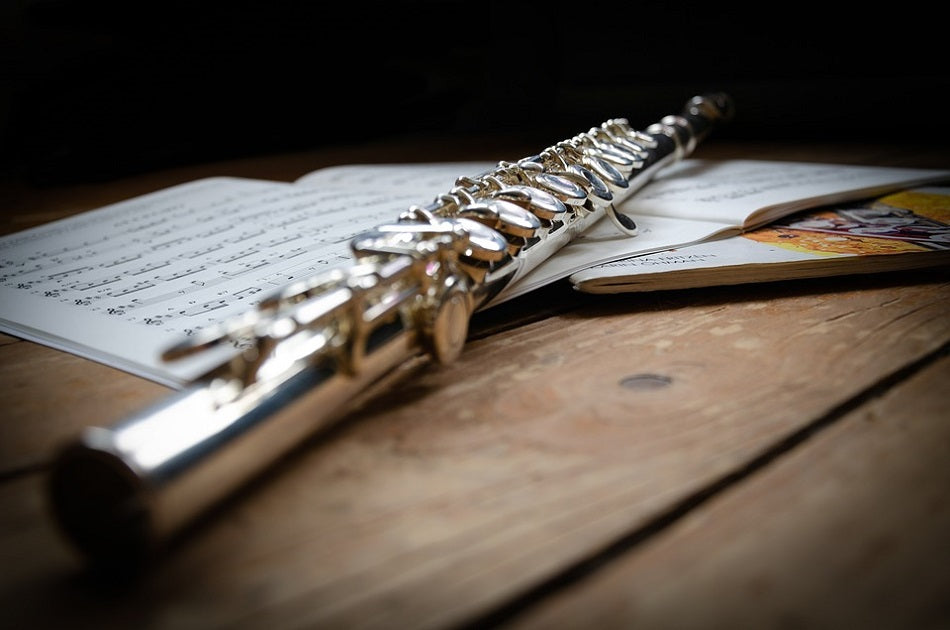What you should know if you’re going to buy a flute
Introduction
For an aspiring musician, there are many musical instruments to choose from and learn. A musician who is already playing an instrument may need to upgrade their instrument for better quality and delivery. Yet, one may need to simply replace the existing instrument. Irrespective of the reason one chooses an instrument, there are basic things the musician must be aware of in order to ensure that they invest their time, money, and skills in the right instrument. One of the popular, but difficult musical instruments is the flute. Ahead of purchasing a flute or upgrading it, the musician will benefit from understanding the anatomy of a flute, its features, and what to look for to choose the best fit.
Buying a Flute: What You Should Know
· The goal: Before deciding to go ahead with the purchase of a flute, take a step back and think about if you really need one. The basic question is the level at which you are performing currently – are you a beginner, intermediate, or expert flautist?
- Is the flute intended for your use or for your child?
- Are you a beginner who wants to buy his or her first flute?
- Are you an intermediate or expert flautist who is thinking of replacing the current instrument due to defects?
· Assess your current instrument: Assess the performance of the flute and check for defects including performance quality. Sometimes, even a flute overhaul will be enough to restore your instrument to its former glory. However, only after you explore this option will you get an insight into whether a purchase of a new instrument is required. Another advantage in resale value. The cost can be recovered when you sell the instrument later on. This is especially true of vintage instruments, which may attract collectors rather than a defective instrument.
· Choose the Right Shop to Shop: It is important that you purchase a flute from a music shop that has been in the business for years and understands how each instrument works. It will also be helpful if you have your teacher or an experienced flautist to test the instrument and determine which suits the best.
· Change the headjoint: The headjoint is a crucial part of the flute that helps determine the quality of the sound, tone depth, articulation, and response. Moreover, you can also customize your flute using different headjoints. Ensure that you look for the cut of the headjoint, the material from which it is made, and try a few pieces to determine the overall quality and the one that suits your style, before making the purchase.
· Determine your budget: Last, but not the least, figure out how much you want to spend on your instrument. If you have used the current flute to its maximum potential, or if the wear and tear of your instrument cannot be rectified through an overhaul, it might be a good time to buy a new instrument. When you buy a new instrument, go with options that meet your skill level and budget.

